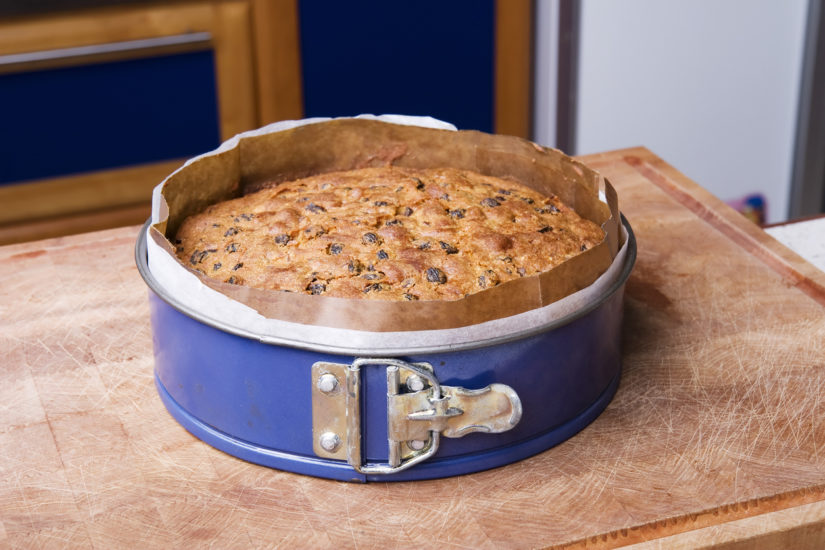
March is National Caffeine Awareness Month, so we’re revisiting this article health writer Colleen Shannon wrote for us back in 2017, on the benefits of our favourite brew.
Whether it’s your daily bit of me-time, something to share with a friend, or the remedy for life’s small setbacks, there is nothing like a nice cup of tea.
In Britain we drink 165 million cups of tea every day. We like our coffee, too, sipping 70 million cups daily.
Increasingly, we also hear that tea and coffee are good for health. Is this wonderful news – or is it too good to be true?
To learn more, I got in touch with Chloe Hall, Community Dietician and spokesperson for the British Dietetic Association.
Time for tea?
She explained that green tea contains caffeine and B vitamins that are important for the release of energy in the body. It also has folate for healthy blood, plus manganese, potassium and other antioxidants which may help to prevent cell damage.
Green tea contains catechins, which are thought to contribute to its many proposed health benefits.
Black tea comes from the same plant as green tea but the leaves are fermented. Black tea contains small amounts of potassium and magnesium, plus phosphorus for healthy teeth and bones. It also contains antioxidants.
There has been some evidence that green and black tea may help to reduce cholesterol and blood pressure, or reduce the risk of a heart attack. However, we need more studies to be sure of the benefits, and to say how much tea you would need to drink.
There have been a lot of studies linking green tea to weight loss. Many of them used an extract of green tea, rather than our everyday drinks. Other studies have shown no significant weight loss from drinking green tea. So this is another promising area where we need more research.
Care for a coffee?
If you are more of a coffee person, there is good news for you as well.
Coffee contains caffeine, which is a stimulant, plus antioxidants, vitamin B3 to keep your skin and nervous system healthy, magnesium to support energy production and potassium to help keep the heart working properly.
Studies have suggested that coffee may reduce the risk of some cancers and type 2 diabetes, and help to keep your thinking sharp. In one recent study, people who drank more coffee had a lower risk of death (although we can’t be certain that coffee was the only reason).
Tea and coffee also contribute to your daily fluid intake. Try not to get carried away, though. Too much caffeine can increase your urine output and possibly make you dehydrated.
Overdoing caffeine can also contribute to irritability, insomnia, anxiousness and headaches.
There is no magical brew that provides all of the health benefits we would like.
But if you like these drinks then by all means enjoy them in moderation.
For more health hints and tips from “The People’s Friend”, click here.
We know staying healthy is important as we get older. That’s why Colleen is on hand in every issue to give advice on a range of medical conditions.
Subscribe to our magazine by visiting the DC Thomson Shop.




